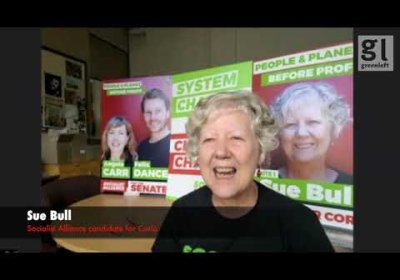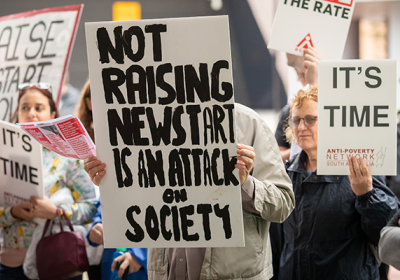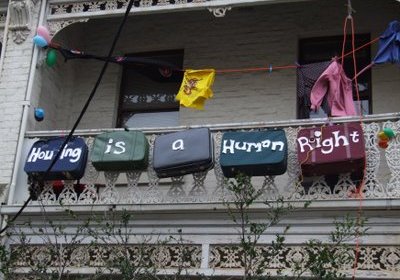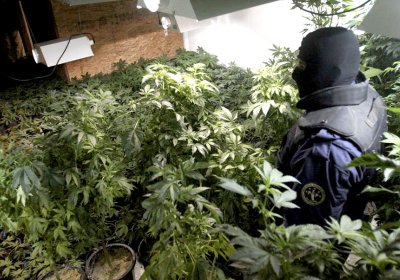Socialist Alliance candidate for the Geelong seat of Corio Sue Bull says the one-off $250 cost-of-living payment for pensioners and others struggling to survive on welfare was "an insult".
Poverty and welfare
The devastating impacts of Australia’s economic crisis are clear for all to see, but many in the welfare sector believe the worst is yet to come, reports Fred Fuentes.
When federal parliament reconvenes on February 5, the Coalition government’s first priority will be to pass two punitive bills which, if made into law, will make life even harder for those trying to get by on income support.
It would surprise the federal Coalition government — that assumes we dislike welfare recipients as much as it does — that one of its biggest problems at the start of the year is the Centrelink debt fiasco.
Over the past six months, 170,000 people received debt notices from Centrelink, with the number gradually rising to 20,000 a week.
By comparison, only 20,000 debt notices were issued for the whole of 2015.






